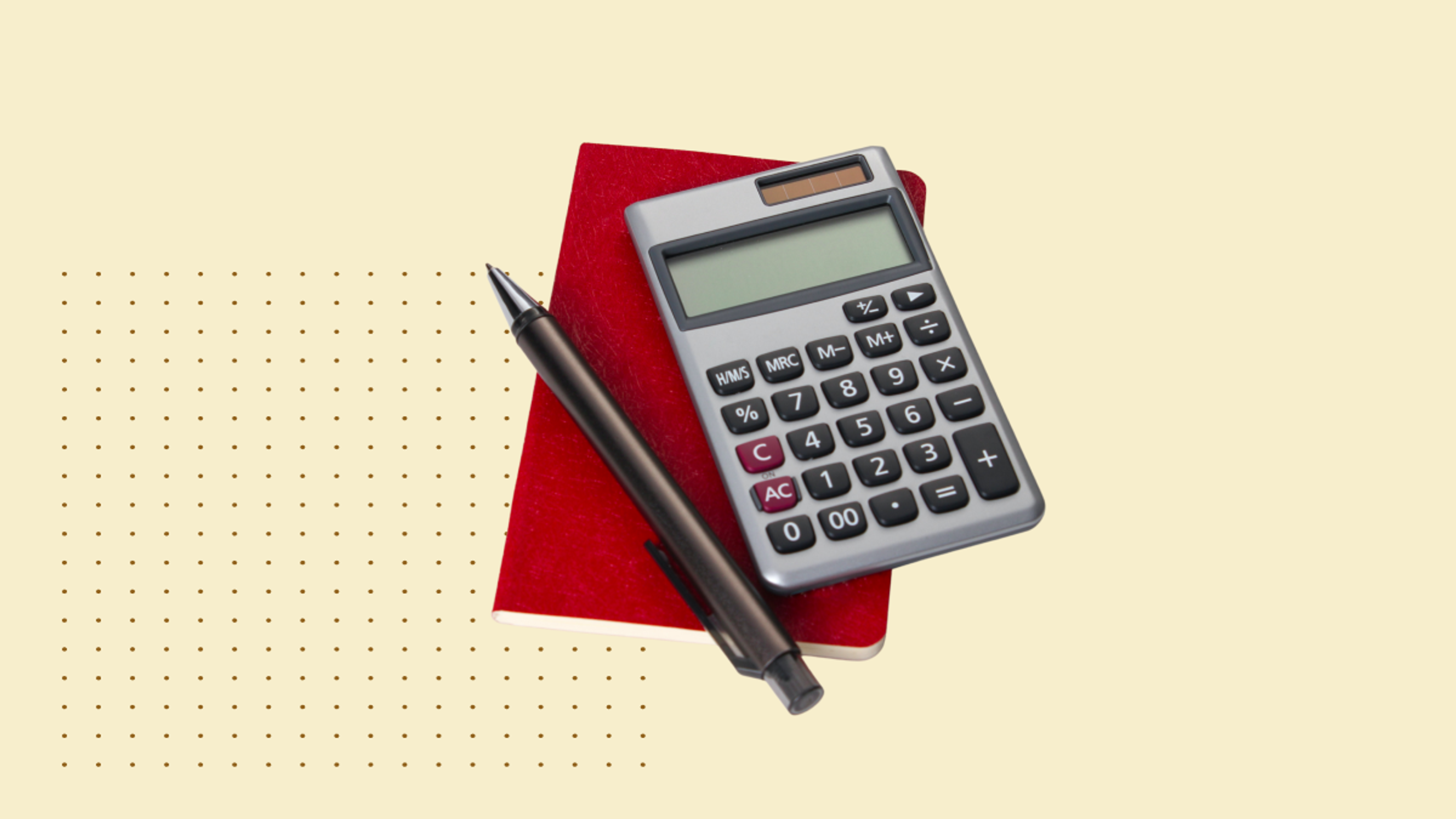What Does Being a “Fiduciary” Mean, Exactly?

Any individual or organization that exercises discretion regarding their plan or any plan assets is a fiduciary, which is one of the highest standards in the law. So what does this mean in practice?
Overseeing Service Providers
While businesses can delegate many responsibilities of managing a retirement plan to service providers such as recordkeepers, investment advisors, and others, an employer cannot completely wash their hands of all fiduciary duties. A business must carefully select and monitor their service providers and is ultimately liable for verifying the providers are doing right by their employees.
Acting in Employees' Best Interest
A fiduciary must exercise a duty of loyalty by operating the plan in the best interests of employees. After all, the employer is caring for their employees’ retirement assets. Proceed with caution when considering hiring plan providers who also do work for the company or individual owners. The business should not receive any kind of compensation or anything of value from operating the plan. Consider the “smell test.”
Selecting Appropriate Investment Options
Employers should make sure that participants are offered a diversified set of investment options at a reasonable cost, though that doesn’t mean they need to have the lowest fees. However, selecting the initial plan lineup is not a “set it and forget it” exercise. Businesses should continue to monitor the investment options available to their employees to ensure they are offered investment options that will balance their risk and help meet their retirement goals.
Following the Plan Document
Businesses must operate the plan in accordance with the terms of the plan document. Disconnects are common and usually arise in connection with administering loans, using the wrong definition of “compensation” for purposes of calculating benefits, and submitting late remittances. Failure to comply can become an issue, but fortunately, corrective actions are well spelled out by regulators and easy to fix.
Maintaining Records
The best protection of all is for employers to know their plan documents, know what their service providers are doing to support the plan and make careful decisions—and document them—about all activities relating to the plan. Have on hand all documents that show the company's decision-making process and actions taken for the benefit of employees, as well as how decisions are implemented consistent with the terms of the plan. Keep all of those records permanently.
Protecting Against Losses
Fiduciaries must have an ERISA bond and should consider obtaining fiduciary insurance to cover any losses to the plan caused by a fiduciary breach.
The rules are complicated, and the waters are muddied. However, there are many resources available to you for more education about your fiduciary duties. Vestwell offers webinars on this topic, and we also recommend free programs offered by the Department of Labor.